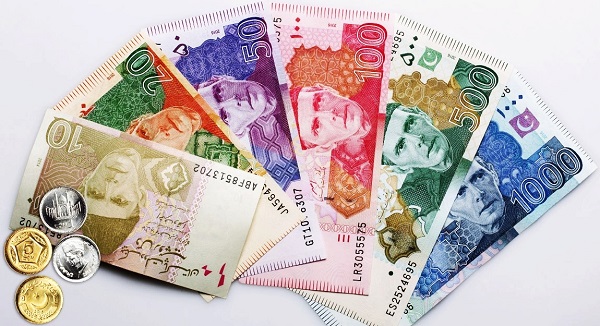Islamabad, (Samajweekly) Faced with a shortage of US dollars, Pakistan only has enough foreign currency in its reserves to pay for three weeks of imports, according to a media report.
Thousands of shipping containers are piling up at ports, and the cost of essentials like food and energy is skyrocketing. Long lines are forming at gas stations as prices swing wildly in the country of 220 million, CNN reported.
A nationwide power outage last month made people even more alarmed. It brought Pakistan to a standstill, plunging residents into darkness, shutting down transit networks and forcing hospitals to rely on backup generators. Officials have not identified the cause of the blackout.
Pressure is growing on Prime Minister Shehbaz Sharif’s government to unlock billions of dollars in emergency financing from the International Monetary Fund, which sent a delegation to the country this week for talks.
Pakistan’s currency, the rupee, recently dropped to new lows against the US dollar after the authorities eased currency controls to meet one of the IMF’s lending conditions. The government had been resisting the changes the IMF requested, such as easing fuel subsidies, since they would cause fresh price spikes in the short term, CNN reported.
“We need the IMF agreement to go through as soon as possible for us to save the ship,” said Maha Rehman, an economist and the former head of analytics at the Centre for Economic Research in Pakistan.
Pakistan is experiencing what economists call a balance-of-payments crisis. The country has been spending more on trade than it has brought in, running down its stock of foreign currency and weighing on the rupee’s value. These dynamics make interest payments on debt from foreign lenders even more expensive and push the cost of importing goods higher still, requiring even bigger drawdowns in reserves that compound the distress, CNN reported.
The country is also grappling with rampant price increases. The country’s central bank has hiked its key interest rate to 17% in a bid to clamp down on annual consumer inflation of almost 28 per cent.
Some issues the country faces are specific to Pakistan. Political instability and efforts to prop up its currency, for example, have weighed on investment and exports, according to Tahir Abbas, head of investment research at Arif Habib, the country’s largest securities brokerage, CNN reported.
Historic floods last summer have also led to huge bills for reconstruction and aid, adding to strains on the government budget. The World Bank has estimated that at least $16 billion is needed to cope with damage and losses.









